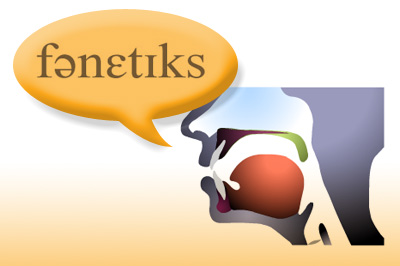This
chapter was so interesting, because I learned about the ways to characterize
college students, this involves the confident a self-motivated learners and the
expectation that they have to learn in the class. Then this chapter explained
about the kind of learners in the process of education, this involves anxious,
indecisive and unsure learners and the reason to provide the power them giving
more freedom in the classroom but with responsibilities.
In addition, in class is important for
teacher and students create a motivation´s environment, where students feel
confident to learn and teachers show enthusiasm for teaching, here is important
to consider the use of useful materials, an organized calendar, a content
with adequate assignments and tests, that provide good conditions into the
acquisition of a second language process, because teacher has the manage and
the control of this activity , this means that the power in the classroom depends in a big part from the an organized curriculum
.
Therefore, when teachers are the learned-centered in the classroom, they can be
able to take decisions about learning, in occasions the power can be redistributed
in amounts proportional to student’s ability to handle it, this if teachers take into consideration that it is
necessary . The manage of power in a classroom involves aims, objectives,
student´s needs and teacher’s goals. Teachers work with this approach in order
to give feedback and use reinforcement to get more assertive students. All of
changes like control of activities assignments, classroom policies, course
content and evaluation activities involves the teacher´s pleasure for teaching in
a communicatory way and encouraged students to gain knowledge.
Resources:
- Weirmen, M. (2002) Learner -Centered Teaching . Five key challenges. Jossey Bass [Adobe digital Edition versions ] retrieved from:.http://site.ebrary.com/lib/uta/docDetail.action?docID=10653948&p00=language%20eaching
- Erwin, J. (2004 ) Classroom of choice. Power in the classroom: creating an Environment. Chap.4. Retrieved from :http://www.ascd.org/publications/books/104020/chapters/Power-in-the-Classroom@-Creating-the-Environment.aspx




